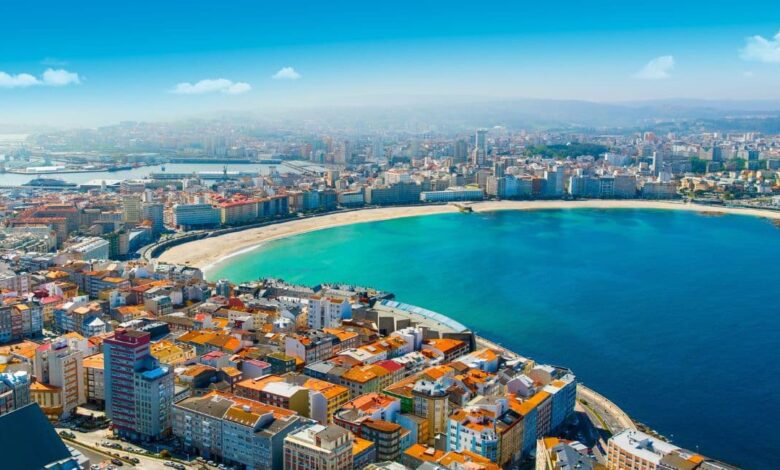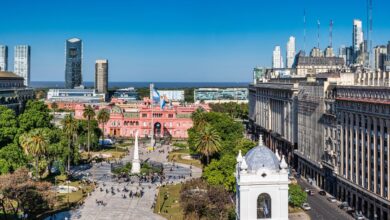The new Spanish law on the collection of tourist information is causing concern

Hostile actions taken by Spain against tourists in several destinations over the past year make it increasingly difficult to believe that the country still values its tourism sector.
Firstly, Barcelona has increased its tourist tax several times within one year. Then more than 10,000 tourist apartments were banned. Now, The government plans to collect up to 18 new personal data from tourists from December 2– potentially putting EU data protection regulations at risk.
This measure was originally scheduled to be introduced on October 1, but had to be postponed as most hotels failed to upgrade their systems in time.
It is crucial to understand that the Spanish Confederation of Hotels and Tourist Accommodations (CEHAT) has spoken out categorically against the measure.
Antonio Presencio, president of Horeca Hoteles Zaragoza, explained that the request of the Ministry of the Interior violates a series of European Union regulations, leaving the hospitality sector between a rock and a hard place due to the legal uncertainty regarding compliance with this new measure.
Until now, when tourists check into a hotel or accommodation in Spain, they know they have to provide personal information such as their national ID, passport and even some credit card details.
But from December travelers will also have to provide 18 new data points, including payment methods, financial transactions, home address and even the nature of their relationship with the people they share a room with—serious?
Presencio warns that collecting such sensitive data could put businesses at risk because in the event of security breaches, hotels – which are privately owned businesses – would be legally responsible for protecting this information.
The new controversial regulation follows an amendment to Royal Decree 933/2021, which dictates the tourism data that accommodations in Spain must collect and submit to the police on a daily basis.
The implementation of this regulation not only puts financial pressure on the sector due to the unexpected need for technology investments, but also puts a heavy burden on the sector “disproportionate administrative burden” which translates into a “competitive disadvantage” compared to other properties that are not forced to comply with this mandate, Presencio explains.
In the same vein, CEHAT, which represents 16,000 hospitality businesses across Spain, argues that the problem is not technological adaptation, but rather the “incompatibility with the reality of the tourism sector” and the “legal uncertainty” that the implementation of such a measure may entail.
The organization makes it clear that the European Union has also spoken out against this measure, because it requires hotels to share highly sensitive guest information with the authorities via a new application.
CEHAT then expressed concerns that extend beyond hotels and accommodations, indicating that this measure also has negative consequences for tourism agencies and tourism platforms.
Fortunately, in today’s ultra-connected world, travelers can simply choose destinations where they feel more comfortable and free from such regulations.




